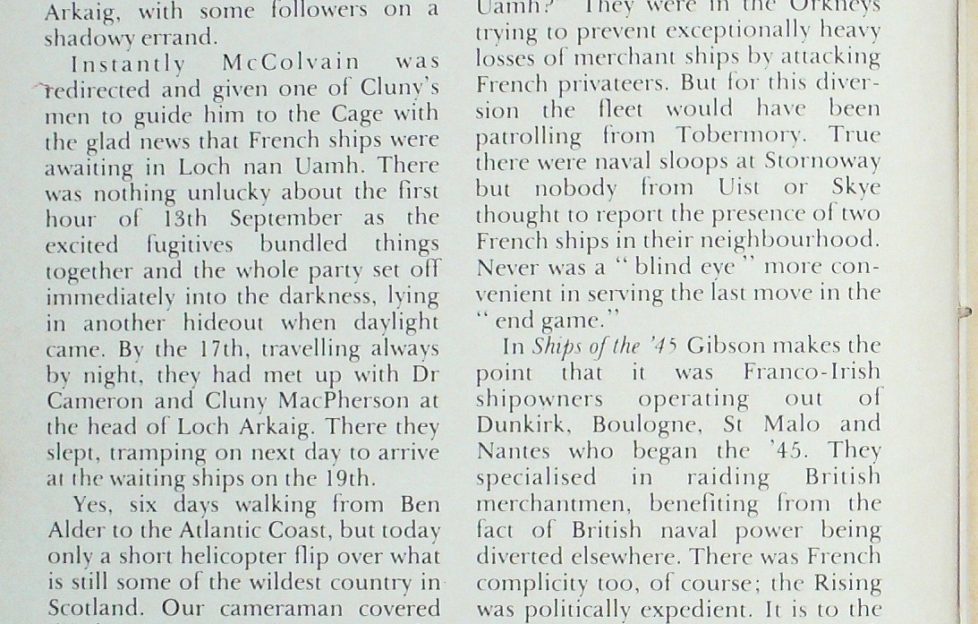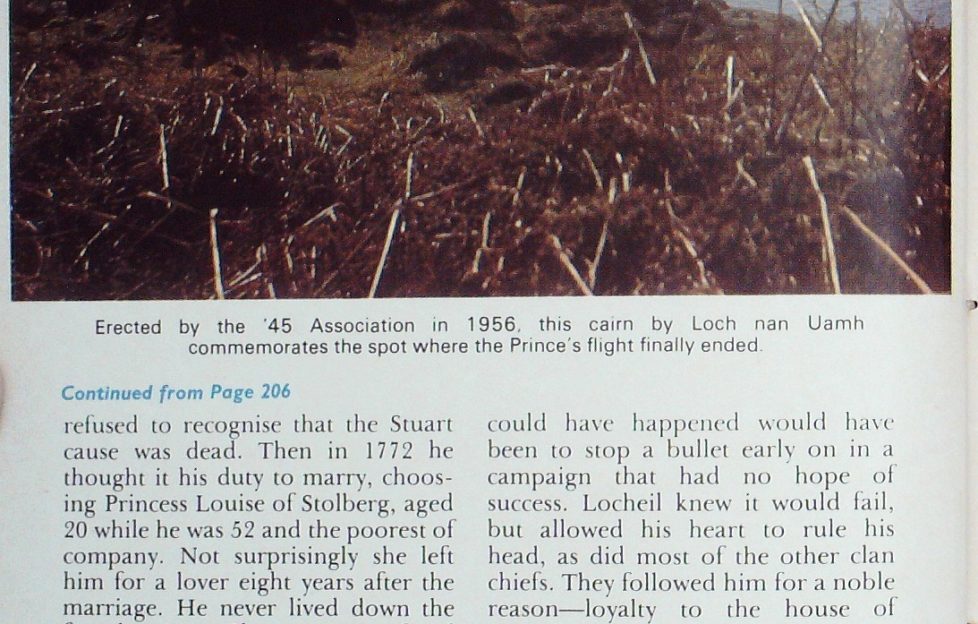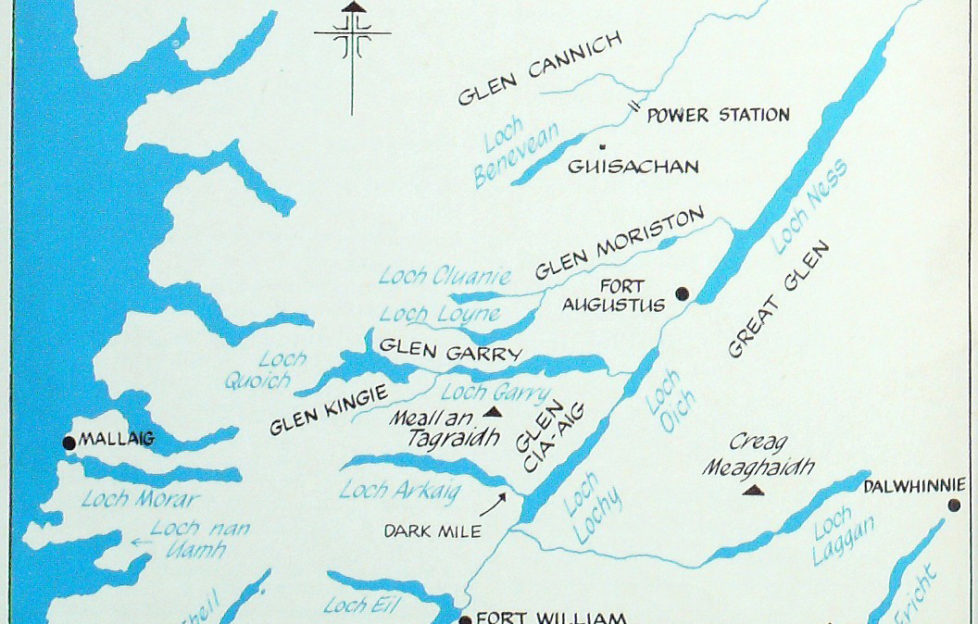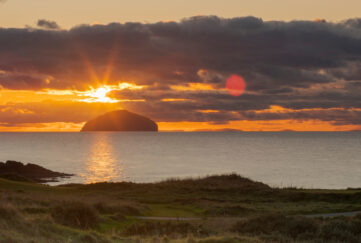Tom Weir | Six Weeks To Safety Part 5
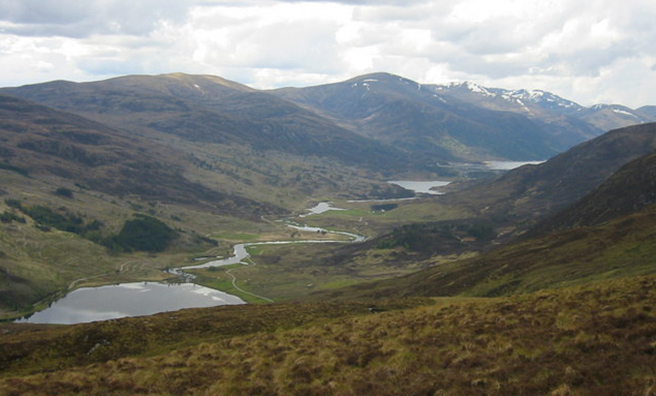
Part Five of Tom’s journey following Bonnie Prince Charlie’s trail at Glen Cannich, looking at some of the more puzzling aspects of those extraordinary months.
But for this diversion the fleet would have been patrolling from Tobermory.
True there were naval sloops at Stornoway but nobody from Uist or Skye thought to report the presence of two French ships in their neighbourhood. Never was a “blind eye” more convenient in serving the last move in the “end game. ”
In Ships of the ‘45 Gibson makes the point that it was Franco-Irish shipowners operating out of Dunkirk, Boulogne, St Malo and Nantes who began the ’45.
They specialised in raiding British merchantmen, benefiting from the fact of British naval power being diverted elsewhere.
There was French complicity too, of course; the Rising was politically expedient.
It is to the eternal credit of French and Irish officers after Culloden that they did not fail the Prince, but took so many risks to bring him home whatever the difficulty and danger.
“After the ’45 nothing of Charlie’s
life was of any consequence.”
The desire to begin another Jacobite Rising obsessed him. Frustrated in this, he became miserable and unhappy, refusing to leave France and return to Rome.
Quarrelling with his mistress, Clementina Walkinshaw, and drinking heavily, he refused to recognise that the Stuart cause was dead.
Then in 1772 he thought it his duty to marry, choosing Princess Louise of Stolberg, aged 20 while he was 52 and the poorest of company.
Not surprisingly she left him for a lover eight years after the marriage.
He never lived down the fact that Pope Clement XIII refused the recognition of de jure sovereignty granted to his father. How dearly he would have loved to be Charles III.
He died on 30 January 1788, not so very long ago.
In making this story into a television series I had no intention to romanticise a Prince who was a disaster for the Highlands.
Perhaps for his own sake the best thing that could have happened would have been to stop a bullet early on in a campaign that had no hope of success.
Locheil knew it would fail, but allowed his heart to rule his head, as did most of the other clan chiefs.
They followed him for a noble reason — loyalty to the house of Stuart.
They, and not the Prince, were the real heroes of the ’45. As for the naval patrols in small sailing ships, marvellous things were done by both sides, taking extraordinary risks in uncharted waters among the sea lochs and wild skerries of the Hebrides.
Truly the aftermath of Culloden is a remarkable tale—even yet not fully told.
We’ll be publishing another brilliant column from Tom Weir’s archives in a few weeks.
More!
Read more from Tom!
We have an extensive archive of Tom Weir’s great columns for The Scots Magazine, and we’re slowly but surely getting them published digitally for new generations to enjoy.
To see the columns we have online so far, click here.


